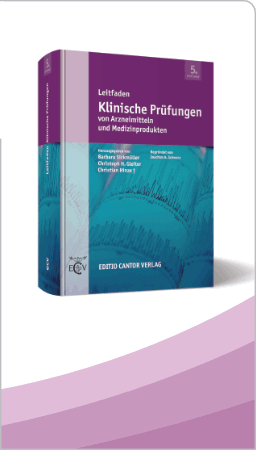Durchführung und psychologische Aspekte eines Follow-up von InspektionenUnter besonderer Berücksichtigung der neuen Schweizer Inspektionsrichtlinien vom 19. 11. 1998 Andreas G. Faeh a , Richard M. Söll b und Dieter Bachmann c Ciba Vision a , Hettlingen, Eidgenössisch-Technische Hochschule Zürich, Departement Pharmazie b , Zürich, und RWJ Pharmaceutical Research Institut c , Schaffhausen (Schweiz)
Conduct and Psychological Aspect of Inspection Follow-ups / With special regard to the new Swiss inspection guidelines as of 19 /11 /1998 Conduct of inspections of pharmaceutical manufacturers in Switzerland is guided by the new inspection guidelines of the âInterkantonale Kontrollstelle für Heilmittelâ (IKS) which came into force at the beginning of 1999. Biannual inspections shall ensure the maintenance and improvement of standards of high production quality. The intention of the inspection guidelines is a harmonisation in inspection practice and in the interpretation of the rules of Good Manufacturing Practice (GMP) throughout all Swiss cantons. The special situation in Switzerland by having federal, regional and cantonal authorities may lead to certain differences in the interpretation of GMP standards. The âGesundheitsgesetzâ and the approval of manufacturing permission is under the control of the canton. A nationwide harmonisation could be easily achieved if the cantons would abdicate responsibility. This would mean introducing a common federal law, which would certainly facilitate future harmonization. The recommended rating of observations only makes sense if applied to everyone using the same interpretation of the guidelines. Key words Good Manufacturing Practice · Inspektionen, Follow-up, psychologische Aspekte, Rating · Interkantonale Kontrollstelle für Heilmittel |
|
|
pharmind 1999, Nr. 11, Seite 1089




